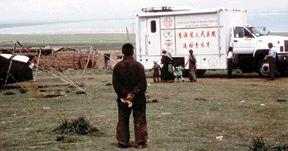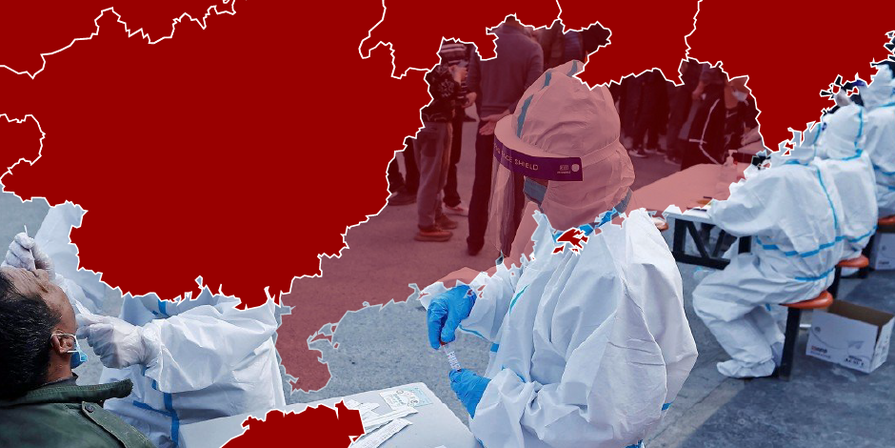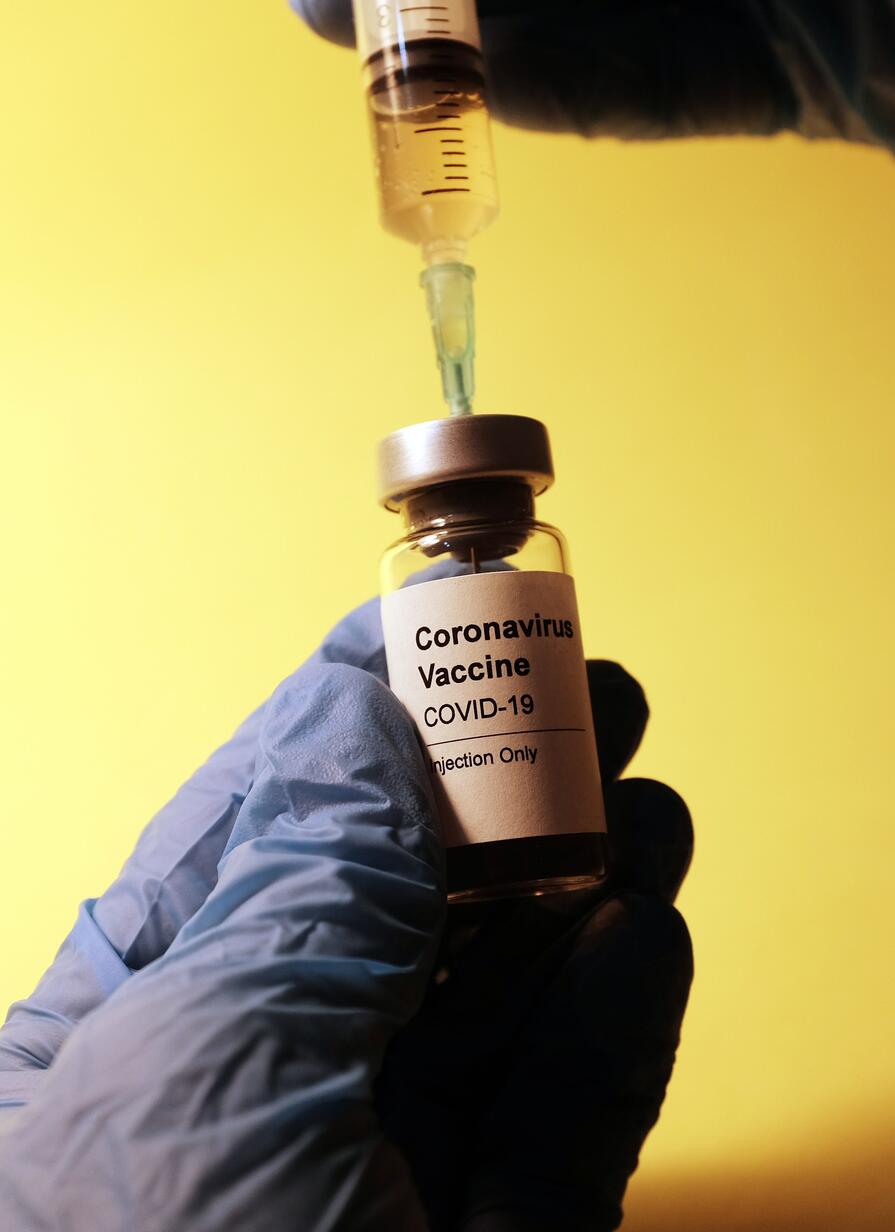by Jon Nalick
Originally published on January 19, 1998 in USC Chronicle
On the high wind-swept grasslands of China's Qinghai-Tibetan plateau, nomadic herdsmen may live their entire lives without seeing a physician - and they often suffer unnecessary pain, disability and premature death as a result.
But Peter Ko, assistant clinical professor of surgery at the School of Medicine, is trying to change that through projects that provide these nomadic patients with surgical treatment and Chinese physicians with better education in Western medicine and preventive care.
One such program is an international telemedicine project that will link USC physicians and educators with their counterparts in Hong Kong and China. The goal will be to improve the education of Chinese physicians in Western medicine and promote preventive care and community health.
"Here in the U.S., we emphasize seeking perfection in medicine, focusing on high-tech procedures such as in vitro fertilization and organ transplants. But those things have no relevance to people so far from even basic medical care. The things we want to promote are extremely basic and geared to remote populations as a whole, things like prenatal care, sanitation, immunization and community health," he said.
Last summer, Ko led a medical team that treated more than 100 children and adults in the remote Qinghai Province with the aid of a mobile surgical clinic - essentially an operating room on wheels.
Ko said that for those nomads, who live in a harsh climate with poor roads, "There's no preventive care and no one seeks medical attention until they have advanced symptoms. Surgery has never been there before."
During his visit, Ko and several other physicians performed dozens of operations to treat cataracts, hernias and other problems that would otherwise remain untreated.
But while Ko praised the project, he added that his team members "were absolutely overwhelmed."
"Their needs - from surgical patients to those with chronic illnesses like tuberculosis and ulcers - are just incredible. We could send 20 teams in there and still never take care of everybody who needs help. That's why we want to start training doctors who live in the region. We believe the results would be more far-reaching," he said.
To that end, Ko will return to China in February to help organize a new telemedicine project linking USC, the Chinese University of Hong Kong and the Chinese Ministry of Health. The "Telemedicine/ Remote Education Network, China" (TRENCH) project is designed to help upgrade the training of Chinese physicians, especially those who practice far from key institutions in coastal cities.
The program is made possible by the participation of USC's Advanced Bio-Telecommunications and Bio-Informatics Center as well as that of the Chinese University of Hong Kong and the Hong Kong Telemedicine Association.
Having returned to Chinese sovereignty in 1997, Hong Kong can serve a unique function as a cultural bridge between East and West, promoting the transfer of knowledge and skills among the project's participants, Ko said.
Ko is seeking volunteers with wide-ranging talents to participate in the program, especially students and educators in medicine and allied health professions.

Peter Ko traveled to the highlands of China to help provide surgical expertise for local residents, including the young girl.

The nomads have little or no access to medical care, so the basic operating room housed in a mobile unit was welcomed. The team will return to China in February to organize a new telemedicine project to help meet the country's medical needs.




